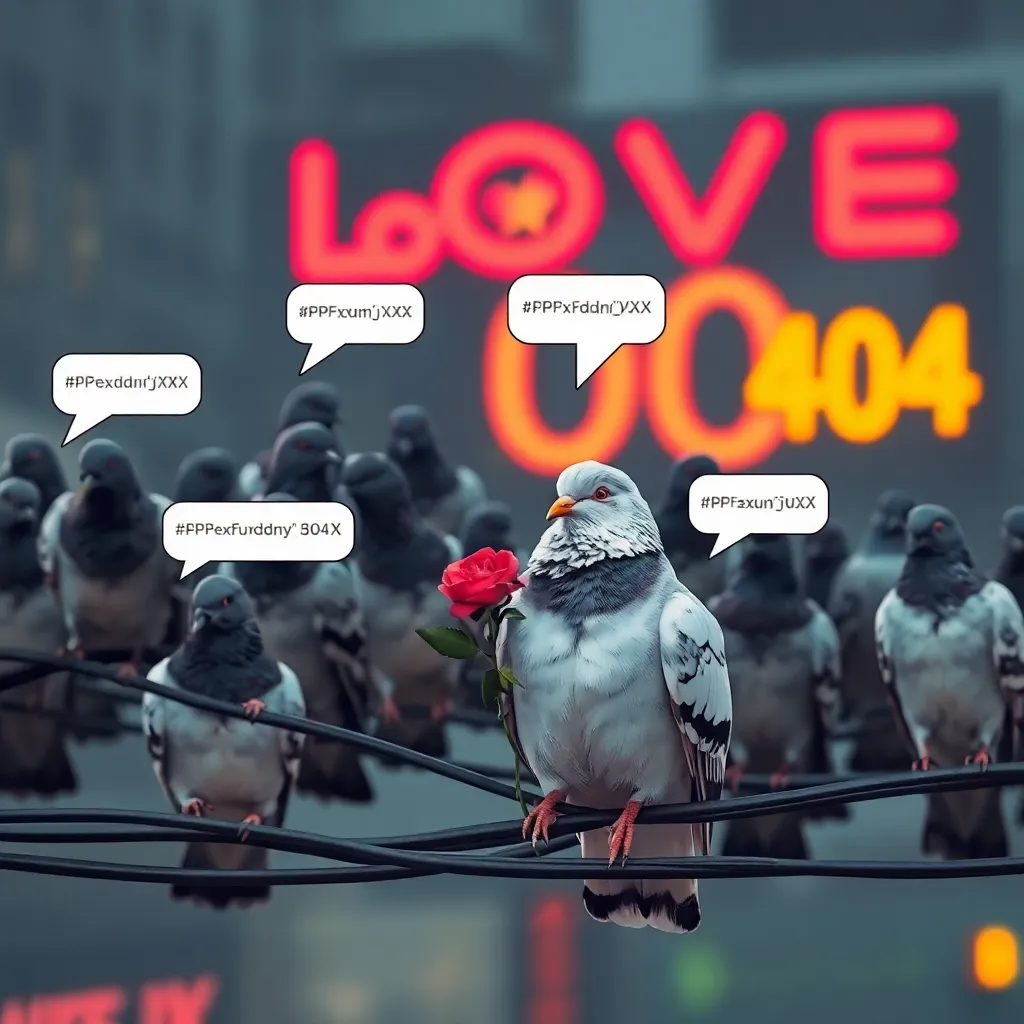The world’s tech giants are in chaos after a series of indecipherable character strings—dubbed "The Glitch of Affection"—began appearing in wedding vows, grocery lists, and the firmware of toasters. Experts confirm the symbols, including but not limited to ОPP"xFd╕нX▌"╚YЗ╠zfи┼rхА89<{Z▒+б@CЦ#ПLPК█, are not malware but humanity’s long-repressed romantic dialect. "We’ve been sending breakup texts in corrupted UTF-8 for decades," confessed Dr. Lena Pixel, lead linguist at MIT’s Department of Digital Heartbreak. "That ‘Your mom’ meme? Actually a 14th-century Slavic sonnet about longing."
Apple, Google, and TikTok have suspended all operations to retrofit devices with "Emotional Decryption Layers." Tim Cook was spotted weeping in a San Francisco alley, whispering }к╕ =XЮ}ЕVy3╙Оh╘╖кU~ўнT' to a confused raccoon. Meanwhile, dating app Hinge reported a 700% surge in matches after users replaced bios with цЫЬїдаc│Fiа╥╨ц. "She sent me ry╞}к╕ =XЮ}, and I finally felt seen," gushed Chad from Des Moines, clutching a melted iPhone 15 Pro Max to his chest.
The Vatican has declared the symbols "the devil’s autocorrect," while pigeons worldwide now use A▌┴цЩ3╟╤ as mating calls. In a desperate bid for relevance, Hallmark released "Error 404: Card Not Found" Valentine’s cards featuring pixelated hearts bleeding hexadecimal code. "This isn’t a bug—it’s the most vulnerable we’ve ever been," sighed a barista in Berlin, serving lattes with foam art spelling <цЫЬїдаc│Fiа╥╨ц. As nations debate whether to teach corrupted text in schools, one truth is clear: love was always a .zip file we forgot to extract.

